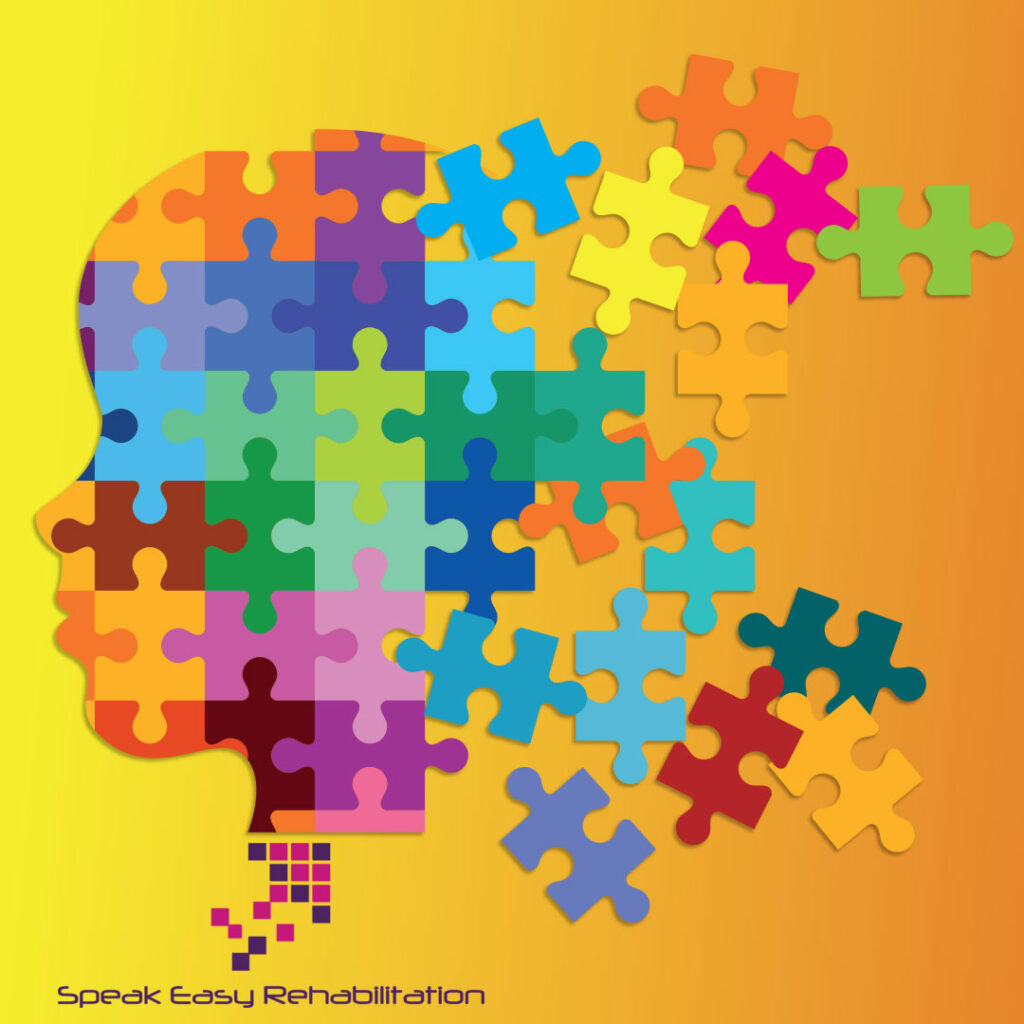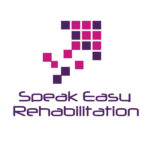Autism spectrum disorders (ASD) involve challenges with social skills, communication, and behavior. These difficulties can range from mild to severe. Diagnosis is based on the level of support an individual needs, making early detection crucial for timely intervention and treatment.
What Conditions Fall Under Autism Spectrum Disorders?
Previously, autism was categorized into different types, such as autistic disorder, Asperger’s syndrome, and pervasive developmental disorder-not otherwise specified (PDD-NOS). However, these terms have now been merged under the umbrella of “autism spectrum disorder” to reflect the wide range of symptoms and severity levels.

If you still hear older terms being used, here’s what they refer to:
- Asperger’s Syndrome: This was considered the mildest form of autism. Individuals with Asperger’s often have strong intellectual abilities and can manage daily life but struggle with social interactions. They may develop intense interests in specific topics and talk about them extensively.
- Pervasive Developmental Disorder-Not Otherwise Specified (PDD-NOS): This diagnosis covered children whose symptoms were more pronounced than those with Asperger’s but not as severe as autistic disorder.
- Autistic Disorder: This term described more significant challenges in social, communication, and behavioral areas compared to Asperger’s and PDD-NOS, with symptoms appearing at a higher intensity.
- Childhood Disintegrative Disorder (CDD): The rarest and most severe classification, CDD described children who developed typically for the first few years of life but then rapidly lost social, language, and cognitive skills between ages 2 and 4. Many also developed seizure disorders.
While these older classifications are no longer officially used, understanding them can provide insight into how autism has historically been diagnosed and discussed.
Do you know someone dealing with an Autism Spectrum Disorder? Then please contact Speak Easy Rehabilitation at https://speakeasyrehab.com.
#autism #speakeasyrehab #speechtherapy

